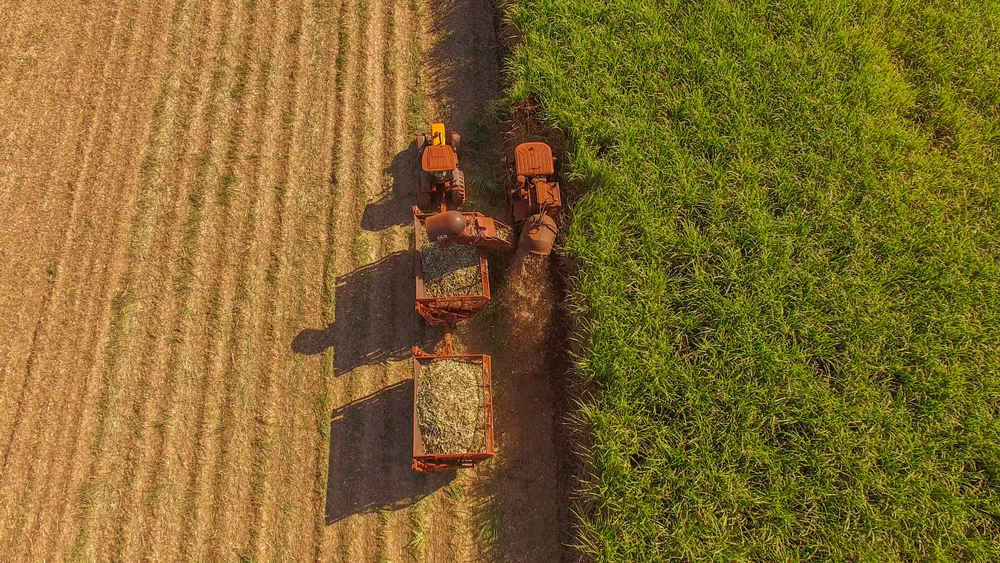2019 has been a year to forget for Brazilian environmentalists. The dismantling of protection agencies, uptick in Amazon forest fires and freezing of indigenous land demarcations have created a conjuncture in which Brazil’s environment is at risk. The sitting government’s latest move—issuing a decree to allow the cultivation of sugarcane in the Amazon and Pantanal regions—has come as another setback to those fighting to protect Brazil’s biodiversity, as the expansion of the crop could have catastrophic effects on these protected areas.
The decision to greenlight sugarcane cultivation for the production of ethanol comes as a suspension of a previous “zoning” rule from 2009, which allowed the planting of sugarcane only in predetermined areas of degraded forests or pastures, outlawing any expansion to the Amazon rainforest, Pantanal, or any old-growth forests.
The government’s decision has been met with criticism and perplexity, principally as the total area of sugarcane plantations in Brazil takes up less than 20 percent of the available permitted cultivation zone.
Green fuel? Not quite
However, the major worry of environmentalists is the damage that loosening these restrictions may cause to Brazil’s primary forest areas. Despite ethanol being lauded as a “green fuel“—being typically high-octane and resulting in more balanced carbon dioxide emissions than fossil fuels—the cultivating of sugarcane in forest areas has devastating effects on local biodiversity and is set to encourage deforestation and illegal land-grabbing.
“Studies have proven that the cultivation of sugarcane results in a reduction of bee populations,” says biologist Alcides Faria, director of environmental conservation NGO Ecoa. Speaking to The Brazilian Report, he explained that the crops require the extensive use of pesticides, sprayed aerially which have been shown to be fatal to bees, the insects which are crucial to the balance of...


 Search
Search






































